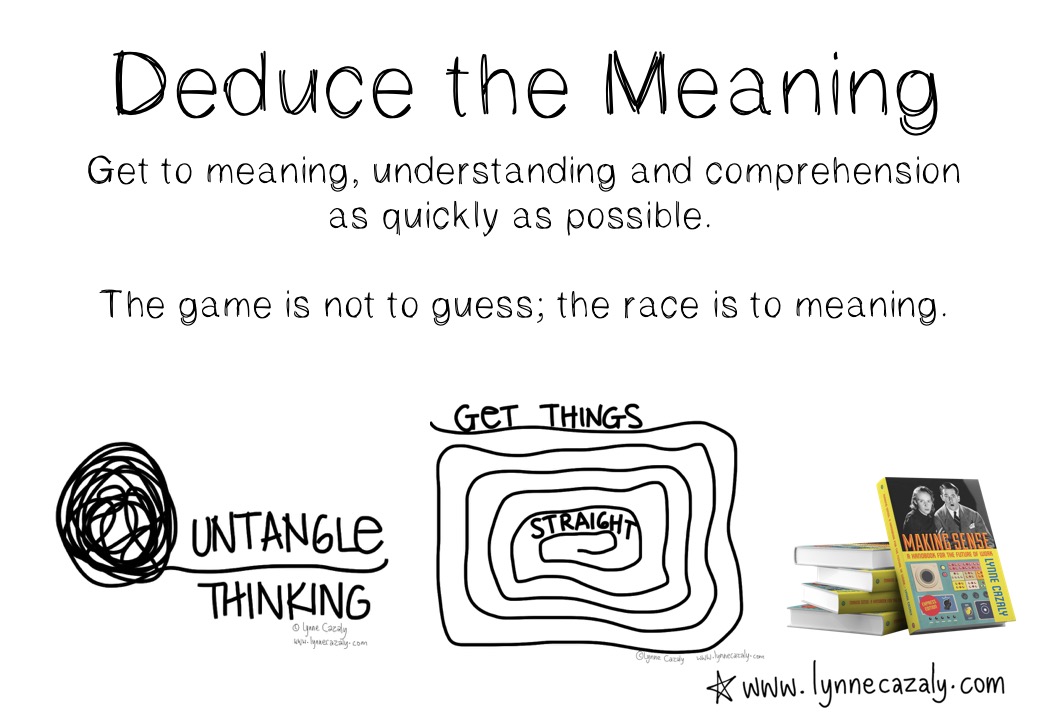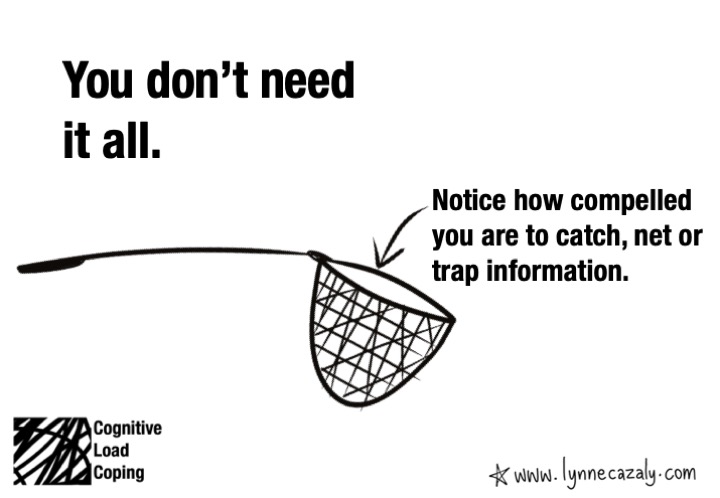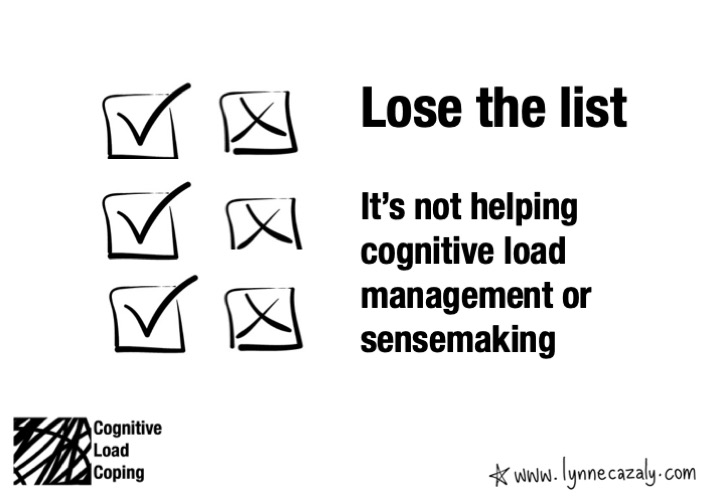The cost of confusion
 Wednesday, December 18, 2019 at 10:27AM
Wednesday, December 18, 2019 at 10:27AM  How much time do we spend trying to make sense of things, re-reading, scanning, skipping through information trying to piece it all together.
How much time do we spend trying to make sense of things, re-reading, scanning, skipping through information trying to piece it all together.
While the world’s productivity gurus are keen on selling us a new app or habit, what if we looked at the cost of confusion and sought to reduce the time we spend confusing people.
Rather than acting like we’ve got it together, what if we set aside a few minutes in a meeting to make sense? What if, instead of saying ’Now, let me give you some context’ and embarking on a 15-minute explanation of the history going back to the 1900s (yes this happened recently) we asked, ‘What do you need to make sense of?’
What if we shut up first.
What if we asked them about the parts they need to make sense of.
Imagine all the unnecessary detail, the overly long ‘context’ monologues and the long-winded ‘let-me-tell-you-about-the-history-of-this-thing’ stories.
Check first. What do they need? Where is their knowledge now; where does it need to be? Don't add to the overload; make sense instead.
Q: What’s a topic you’re confused about right now?





















